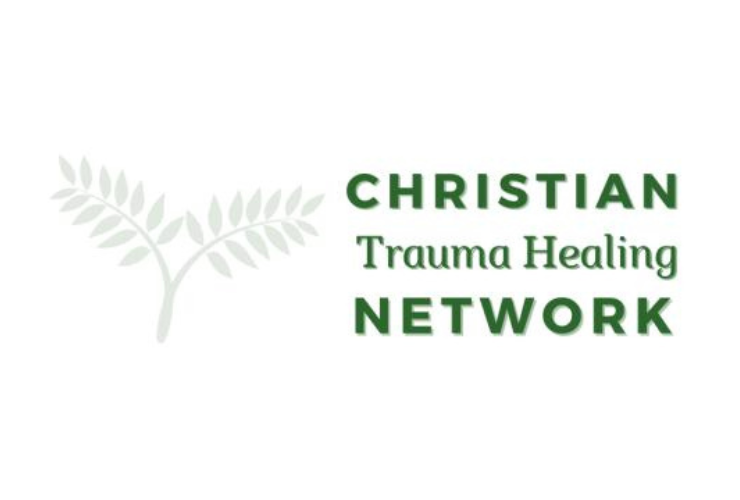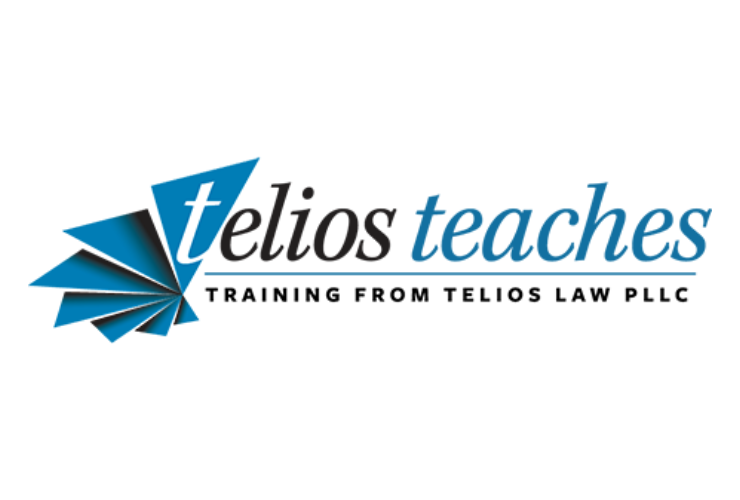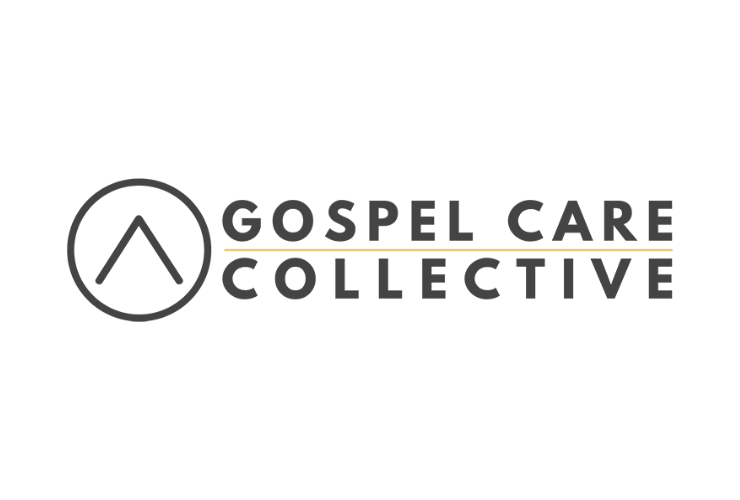
helpline
Abuse Response Helpline
If this is a life-threatening emergency or you are reporting a crime, please immediately call 911 in the United States, Canada, and all five U.S. territories or your local emergency number. If you are reporting child abuse or maltreatment, please immediately contact local law enforcement and/or your state agency for child and family services. Search your state, territory, or tribal laws related to child abuse prevention and reporting regulations here (childwelfare.gov).
Click any of the options below to report abuse related to a Southern Baptist church or entity or to request assistance with responding to or preventing abuse.
All options are toll-free and active to receive reports and requests worldwide 24/7 for follow up by a call taker within 24 business hours.
*Calls are recorded for quality assurance and training.
About the Helpline
The SBC Abuse Response Helpline delivers gospel-focused abuse support for survivors and ministry leaders through a collaborative partnership between the SBC Executive Committee and The Evangelical Council for Abuse Prevention (ECAP). Call takers are trained to triage calls and to provide assistance to survivors and ministry leaders.
Helpline call takers are equipped to help with the following:
Reporting abuse to the appropriate authorities and to the SBC Credentials Committee
Pairing callers with a professional response coach provided by SBC EC through ECAP
Referrals to qualified, trauma-informed, Christian counselors
Guidance on abuse prevention measures
The goal of the Helpline is to provide timely response support that honors the Lord in that it protects human life, responds with care, compassion, and in judicial due process, and helps ministries maintain our gospel witness before a watching world. May our churches and ministries be the safest place for children and the vulnerable to hear the gospel and to learn about Jesus.
Click below to visit ECAP’s website for more information on call taker training and the team behind the helpline.
The Abuse Response Helpline has been strengthened through the collaboration of the following organizations:

Call Taker crisis trauma training provided by Christian Trauma Healing Network.

Call Taker handling abuse allegations training provided by Telios Teaches

Program quality assurance provided by Gospel Care Collective
What is a Mandated Reporter?
A Mandated Reporter is a person who is legally obligated to report suspected or known child abuse, as provided by state or other applicable laws, and typically arising out of the person’s professional training or specific responsibilities (e.g., a nurse, doctor, social worker, or more broadly as identified in some state laws). In some states, every person is required to report suspected or known child abuse.
Not sure if you’re a Mandated Reporter of Child Abuse?
www.childwelfare.gov has a directory of state laws regarding mandatory reporting. Click below, then find your state to view the statutes that apply to you.
How can we care well for abuse survivors in our congregations?
The Ethics and Religious Liberty Commission created the Caring Well Challenge to provide churches with a clear pathway to immediately enhance their efforts to care for abuse survivors. Practical tools and training are provided throughout the Caring Well Challenge to give your church the resources it needs to take each step.
Will your church join congregations from around the country by committing to the challenge over the next year as an important next step in addressing the abuse crisis?
Frequently Asked Questions
Who can call the Response Helpline?
Is it only for churches?
Anyone can call and access the Abuse Response Helpline. The Helpline is designed to serve Southern Baptist churches, entities, and other Baptist partners, but is open to any to call. Ministry leaders, survivors, volunteers, members, students, and any other person may call the helpline for assistance or to report abuse.
What if a caller does not speak English or is hearing impaired?
ECAP will utilize a third party for real-time translation services that can accommodate most spoken languages and American Sign Language. Chat and email functions can also be utilized in these cases.
How are mandatory reporter calls processed and how do we ensure the authorities are notified?
Each and every call will be screened and triaged to ensure that the appropriate authorities are notified by the individual closest to the situation. This may include reporting to law enforcement and/or DCPS. Call takers are trained to guide callers to report abuse and will report abuse when no one else is willing.
Does a call to the Response Helpline satisfy Mandatory Reporting requirements?
No, calls to the Response Helpline do not satisfy mandatory reporting requirements. Call takers can advise on the mandatory reporting requirements in a caller’s state and are trained to guide callers to report abuse to the appropriate authorities.
What information will I need when I contact the Response Helpline to make a report of abuse?
Basic information that will be requested includes:
• Where the abuse took place. This would include the physical location, jurisdiction, and any related ministry context.
• Name of the alleged offender
• Any known victims/survivors into order ensure safety and coordination with local authorities
*Even if you don’t have all of this information, please contact the helpline and our call takers can help you to navigate making a report.
How do you ensure the quality of call handling and call taker interactions?
Gospel Care Collective is providing program quality assurance by reviewing calls (each call is recorded for this purpose), chat, and email transcripts between call takers and individuals who contact the helpline.
What training do call takers receive?
They will receive four types of training: General Operations Training that includes technology, basic call taking procedures and documentation, Basic Abuse Awareness and Mandatory Reporter Training, Crisis Trauma Care Training, and Handling Allegations & Incidents Training. Read more about call taker training on ECAP’s website.
What happens when a call is referred to a Christian counselor?
If requested and appropriate, the caller will be guided to a list of qualified trauma-informed Christian counselors who are equipped to serve their needs.
What do we mean by “qualified” counselor?
A qualified counselor is an individual that has demonstrated both didactic and “hands-on” training under the supervision of an expert counselor. Each qualified counselor must meet the standard requirements which include formal counseling education, receiving a bachelors or masters degree or certification from a counseling association. The education must include teaching in codes of conduct and ethics, understanding and treating abuse and mandatory reporting, trauma, and best practices surrounding the care of survivors and traumatic incidents. Each qualified counselor must complete background and reference screening and have completed 500 hours of supervised experience and 3 years of counseling experience.
What happens when a survivor contacts the Response Helpline?
Call takers are trained to provide trauma informed care and to provide referrals to qualified Christian counselors.
They will assist in callers in making a report to the appropriate authorities if one has not yet been made.
What happens when an offender contacts the Response Helpline?
Call takers will be trained to evaluate each situation to identify any victims and ministries involved and work to ensure that the appropriate authorities are notified. Counseling services will also be extended to offenders in order to provide gospel-centered counseling.
What happens when someone who is not associated with an SBC church or entity contacts the Response Helpline?
If the call is about an abused child or vulnerable adult, the call taker will assist the caller with reporting the abuse and provide recommendations for response resources.
Is my report of abuse confidential?
Information may be shared with appropriate state authorities and any relevant SBC convention or local association for the purpose of resolving any allegation or incident.
May my report of abuse be anonymous?
The report can be anonymous in that ECAP will not reveal the reporter’s information to any third party, including the SBC, without the consent of the caller or unless a court order requires the release of the reporter’s name and contact information.
How long should I expect to wait to hear from a call taker after contacting the Response Helpline?
All contacts to the Response Helpline will receive a follow up within 24 business hours.
What is the SBC Credentials Committee?
The Credentials Committee is a standing committee, elected by the Southern Baptist Convention, and tasked with forming an opinion about whether a church should be deemed to be in “friendly cooperation” with the Convention according to the standards provided in Article III of the SBC Constitution.
How can I report other areas of concern, not related to abuse, involving an SBC church or entity?
The Credentials Committee responds to concerns related to faith and practice in addition to sexual abuse. You may fill out the Credentials Committee Submission Form here.
What is trauma-informed care?
Trauma-Informed Care understands and considers the pervasive nature of trauma and promotes environments of healing and recovery rather than practices and services that may inadvertently re-traumatize. Our approach is Christ-centered, viewing this work through the lens of Scripture and the hope of the gospel. We seek to reflect the compassion of Christ, provide safety and grace, and point people to the ultimate healing and restoration found in Him.

